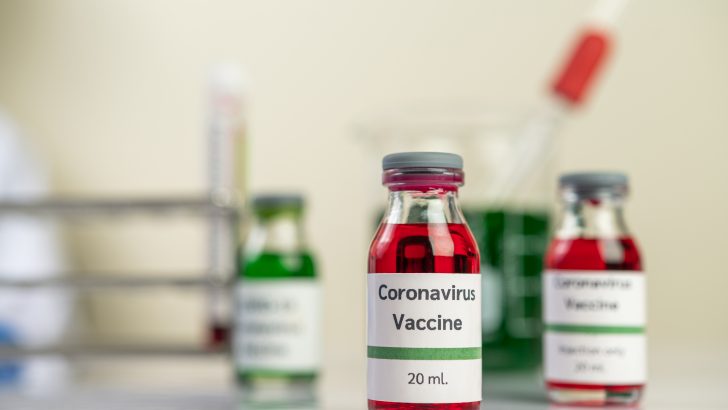Medical Matters
The year of 2021 has already been marked by more than 100,000 new Covid cases and tragically over 1000 deaths, just at a time when we looked forward in hope after the arrival of new vaccines. The emergence of new viral strains which are up to 70% more transmissible coupled with increased social contact and travel over the Christmas period even catapulted Ireland albeit briefly into having the worst Covid figures globally. The number of new infections is so high that even with lockdown the decline to pre-Christmas levels will take months.
More than 200,000 doses have been administered in Ireland to health care workers and nursing home residents though most as of yet have only received their first dose”
About 70% of infections are now due to the UK or B117 variant which has a slightly altered spike protein making it easier to latch onto and infect cells which accounts for the greater transmissibility. South African and Brazilian strains have accumulated mutations conferring similar properties.
All focus must now be on the roll out of vaccines which has unfortunately been thwarted by shortage of supply. More than 200,000 doses have been administered in Ireland to health care workers and nursing home residents though most as of yet have only received their first dose. Even in the UK, authorities have given permission for the second dose of both the AstraZeneca and Pfizer vaccine to be given up to 8-9 weeks later than initially indicated due to limited supplies.
Highest vaccination rate
However, data from Israel, which has the highest vaccination rate in the world, showed that 42% of their 834 critically ill patients had already received one dose of the Pfizer vaccine. Reassuringly, this figure was only 2% for those who had got their second jab and the proportion over 60 with severe illness is also now decreasing there. Based on lab studies, the Pfizer vaccine appears to have high efficacy against both the African and UK strains and animal studies suggest it reduces viral transmission too.
The Irish Government has set high hopes on the Oxford/AstraZeneca vaccine which has been called a “game changer”. This is because it can be stored at fridge temperatures for up to 6 months making it ideal for GP distribution. Indeed, it’s now been given to older adults in the UK and we are due our first supplies.
However, German authorities have advised against its use in the over 65s. So are these concerns warranted? The main issue arises from the small sample size in the trial. In fact, based on published data, only 660 participants aged over 65 got the vaccine in which only two Covid cases were reported. Based on this, it’s simply not possible to say what the efficacy is in older adults. Indeed, it’s may not be as effective, though 100% of over 65’s produced antibodies after the second dose and nobody in the trial developed severe Covid or were hospitalised. The overall efficacy was initially reported at about 62-70%. However, a report in The Lancet last week based on further analysis found 76% protection from day 22 after the first dose that remained for up to 12 weeks, meaning a 3 month delay for the second jab is feasible. Data also suggest it may reduce viral transmission by about 67%.
At least two other vaccines using similar viral vector technology are effective. The preliminary results of a single shot vaccine by Johnson and Johnson showed an overall efficacy of 66% at preventing moderate to severe Covid after 28 days. However, when looking specifically at severe cases it was 85% effective. The trial included 43,783 people with a third aged over 60 and the vaccine can be kept at fridge temperatures. Many months after its approval by Russia, the interim results of the Sputnik V vaccine were also published in The Lancet. Based on data from over 20,000 participants, it was 91% effective at preventing symptomatic Covid with protection also observed in the over 60s.
The EU and our Government must now make trojan efforts to secure agreements to deliver on vaccine supplies”
Finally, another promising vaccine called Novavax is based on a new technique which uses the actual coronovirus spike protein. Early results from a trial of over 15,000 (27% were aged over 65) revealed an efficacy of 96% dropping to 89% for the UK variant. Approval is likely in the coming months and the EU is in negotiations to place orders. It can also be stored in a standard fridge and so is ideal for GP’s. The Moderna mRNA vaccine which has also arrived in Ireland matchs Pfizers 95% efficacy and based on lab studies is probably also effective against the UK strain.
The EU and our Government must now make trojan efforts to secure agreements to deliver on vaccine supplies. Covid is a global problem and mutations around the world threaten the efficacy of our vaccines not least in poorer countries where access is also vital.


 Dr Kevin McCarroll
Dr Kevin McCarroll
